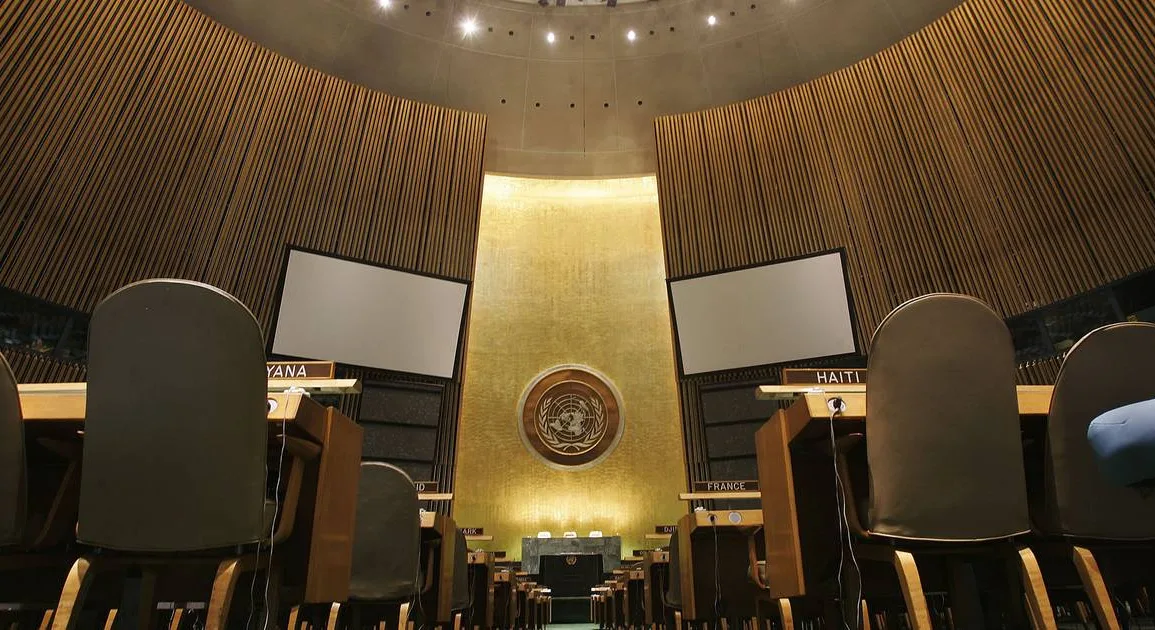Convincing Californians to support cash reparations to Black residents appears unlikely, even though many of them believe decades of racial discrimination in the state continue to disadvantage the descendants of slaves.
A new poll by the UC Berkeley Institute of Governmental Studies found that 59 percent of voters opposed cash payments – with about 40 percent of them “strongly” opposing it, The Los Angeles Times reports.
Only 28 percent of the 6,030 registered California voters surveyed expressed support for cash reparations in the study conducted from Aug. 24-29.
Gov. Gavin Newsom signed legislation in 2020 to create the nine-member California Reparations Task Force, which sent its final report to Newsom and the state legislature in June.
The task force, which gathered input from academics and community leaders, recommended a mix of cash payments and other benefits, including housing, education and health care, to compensate qualified Black Californians for generations of government-sanctioned racial discrimination.
The poll showed that Democrats were about evenly split on the issue of cash reparations: 43 percent favored and 41 percent opposed. Republicans overwhelmingly opposed the idea of cash reparations at 90 percent. Independents also opposed the cash payments: 65 percent to 22 percent.
It was no surprise that Black Californians supported cash payments (76 percent) compared to other racial and ethnic groups. More than 60 percent of White, Latino and Asian voters opposed it.
The top reason voters opposed cash payments was because they felt “it’s unfair to ask today’s taxpayers to pay for wrongs committed in the past,” according to 60 percent of those polled. A little more than half, 53 percent, said, “It’s not fair to single out one group for reparations when other racial and religious groups have been wronged in the past.”
Still, 60 percent of the survey participants said they believe that the legacy of slavery is affecting the position of Black Californians today. “The idea of cash reparations is really what’s being strongly opposed. There could be other solutions that could be much more warmly received,” Mark DiCamillo, director of the IGS poll, told The Times.
If lawmakers approve the reparations plan, California would have created a roadmap for other states and the federal government to follow in a highly divisive issue.
The panel’s report endorsed an economic formula to calculate the amount of compensation but not a fixed dollar amount. The initial estimated price tag was more than $800 billion, a figure that’s more than 2.5 times California’s annual budget. But a revised figure reduced the potential reparation cost to $500 billion, still a significant amount at a time when California has a budget deficit.
Newsom has underscored that reparations aren’t just about cash payments.
“Many of the recommendations put forward by the Task Force are critical action items we’ve already been hard at work addressing: breaking down barriers to vote, bolstering resources to address hate, enacting sweeping law enforcement and justice reforms to build trust and safety, strengthening economic mobility — all while investing billions to root out disparities and improve equity in housing, education, healthcare, and well beyond,” Newsom said in a statement.


